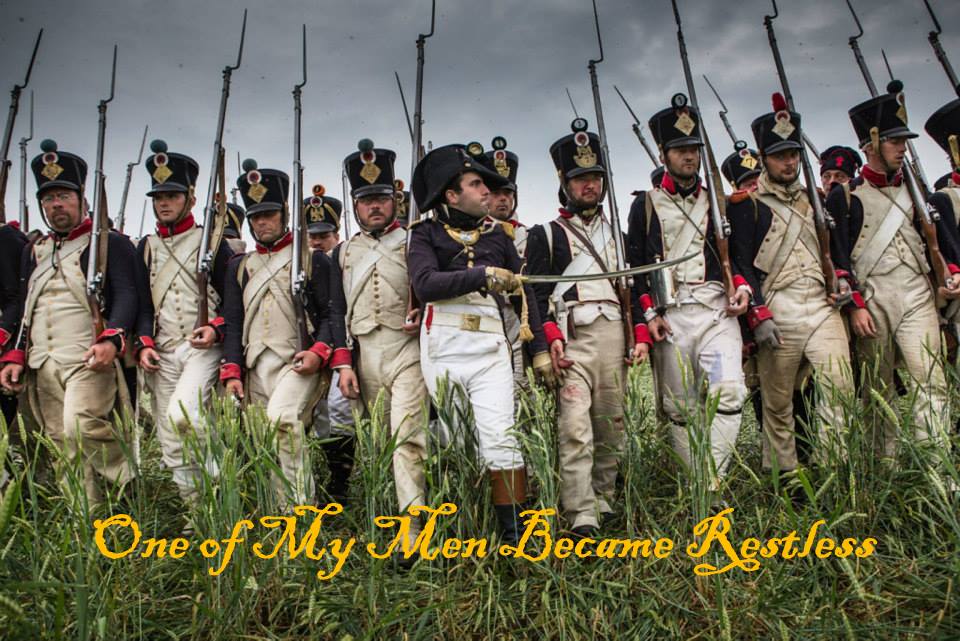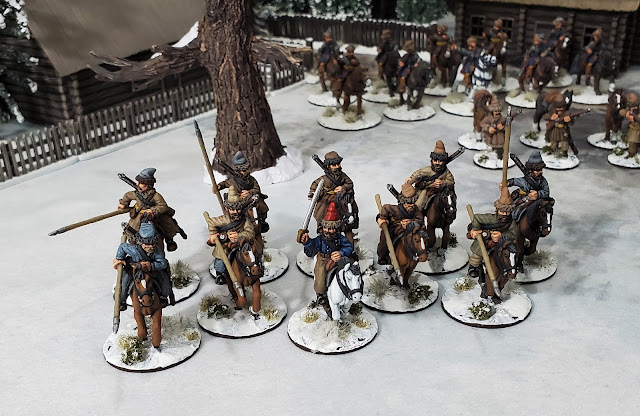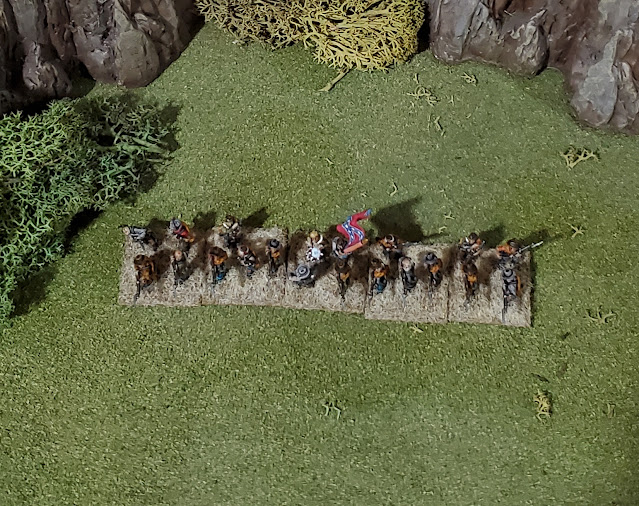As many of the reviews are already indicating, the film falls well short of capturing the true essence and complexity of Napoleon Bonaparte and his legacy.
Honestly, the experience reminded me of the telephone game where the starting player tells a story to one listener who then retells it to another and so on. At the end, the final listener retells the story and one can compare how much it differed from the original telling, knowing that parts will be forgotten, left out or condensed or even exaggerated. That's the movie. The basic chronology is there but everything you'd expect differs from the reality or is ignored.
The film starts with promise and I was dazzled by the depth of detail in the portrayal of revolutionary France. But the corner cutting starts almost immediately. We see the 'whiff of grapeshot" Napoleon gave to the royalists in 1795 but its significance is left hanging and the memorable phrase is never used. I spose we are to walk away with the view that Napoleon was ruthless but they don't really make the point. If that was the point, they preceded it with the brutal execution of Marie Antoinette. A rough time was had by all.
Furthermore, the film's historical accuracy leaves much to be desired. While artistic license is expected in any historical drama, "Napoleon" takes liberties that border on negligence. Important events are condensed, distorted, or omitted altogether (no Italy, no fighting in Egypt and Middle East, no Peninsula, no 1809 scrap with Austria, no campaigns of 1813) resulting in a narrative that feels disjointed and detached from the reality of the time. For a figure as pivotal as Napoleon, a more nuanced and faithful portrayal would have been not only more respectful to history but also more engaging for the audience. I did like the small set piece of Russian partisans luring away and ambushing French curaissiers - who probably wouldn't be tasked with such a job.
The pacing of the film is another significant flaw. It does rush through crucial moments in Napoleon's life and it's probably hampered by time. This hasty pacing though undermines the audience's ability to connect with the characters and understand the broader historical context. It's a missed opportunity to explore the complex web of political, social, and military factors that shaped Napoleon's rise and fall. It basically collapses under its own weight, and at the same time, it shows too much and yet explains very little focusing on the importance of an heir for the new emperor without ever saying that a familial legacy would bring him to social par with the hostile Emperor's and kings he was surrounded by.
Visually, the film is often spectacular, but it often sacrifices historical authenticity for the sake of cinematic flair. Generally, the costuming was great -Napoleon's in particular -but some were bizarre, as were specific situations - no pompoms on shakos, the British fought in lines 3-5 ranks deep, reverse slope tactics meant hiding behind dirt barricades like a siege line with wooden stakes driven throughout, inaccuracies in the depiction of battles, and a general lack of attention to period detail all contribute to a sense that the filmmakers prioritized style over substance. Austerlitz is almost unrecognizable despite some flashes of good combat scenes - the breaking ice on the lake scene in particular is far from what happened. Cossacks had what looked like carriage-less mortars instead of licornes? Someone must has whispered "flags are glorious"to Scott and the French cavalry charge has a dozen french flags in the van of a mob of assorted cavalry.
This is one of those examples where the reality is quite a bit more interesting than the film portrayal. apart from the British squares, you likely wouldn't recognize the events disguised as the battle of Waterloo. Here, at the sight of cavalry, Wellington orders his men to basically leave what are basically barricades, advance toward the French and form squares in their face. Later, Napoleon leads a climactic cavalry charge himself. No Maitland, no
Guard reculé, no Hougemont, La Haye Saint, or Ligny. For a
historical epic, the film's production team missed a valuable
opportunity to transport viewers back to the pivotal and riveting battle of the 19th
century. So many wonderful tales and anecdotes come from that battle - hardly any are used. The name Waterloo itself has become synonymous with failure and the point is too lightly applied.
The other thing that mentally kept me out of many moments, was the decision to let Joaquin Phoenix play Napoleon throughout his 20s without de-aging him. Can the technology really not handle that at this point?
In conclusion, "Napoleon" fails to live up to its potential as a compelling historical drama. A more thoughtful and accurate portrayal of Napoleon Bonaparte's life and legacy would have elevated the film beyond mere spectacle, allowing audiences to grapple with the complexities of this enigmatic historical figure. Instead, the film succumbs to the pitfalls of historical inaccuracy, oversimplification, and a lack of depth, leaving viewers with a superficial understanding of one of history's most fascinating and transformative personalities. Napoleon, cinephiles, as well as history buffs deserve better. I really was happy to be swept away by a riveting narrative and it simply never came; blissful immersion remained out of reach.
It's almost hard to believe this is the same Ridley Scott who brought us The Duelists in 1977. When Scott was confronted with charges of playing too loose with history, he replied with, "Get a life." Indeed. Reading the history is likely more enriching than this film was.
Thanks for reading - questions, comments and followers are welcome and
encouraged! I'm doing more and more on Facebook so follow my page there
too! https://www.facebook.com/One-of-My-Men-Became-Restless-100659928063858




















































































































